So, what is an Anti-Inflammatory Diet? No it's not a fad diet or a weight loss diet. It is a diet that promotes increasing foods that help prevent and neutralize inflammation and free radicals, and avoiding those foods that are known to cause inflammation. In layman's terms it's a diet packed full of vitamins, minerals, antioxidants, fiber and Omega 3 Fatty Acids. When I use the term "diet" I don't refer to it as "I am going on a diet," but rather using it like it's definition is intended "the sum of food consumed by a human or organism."
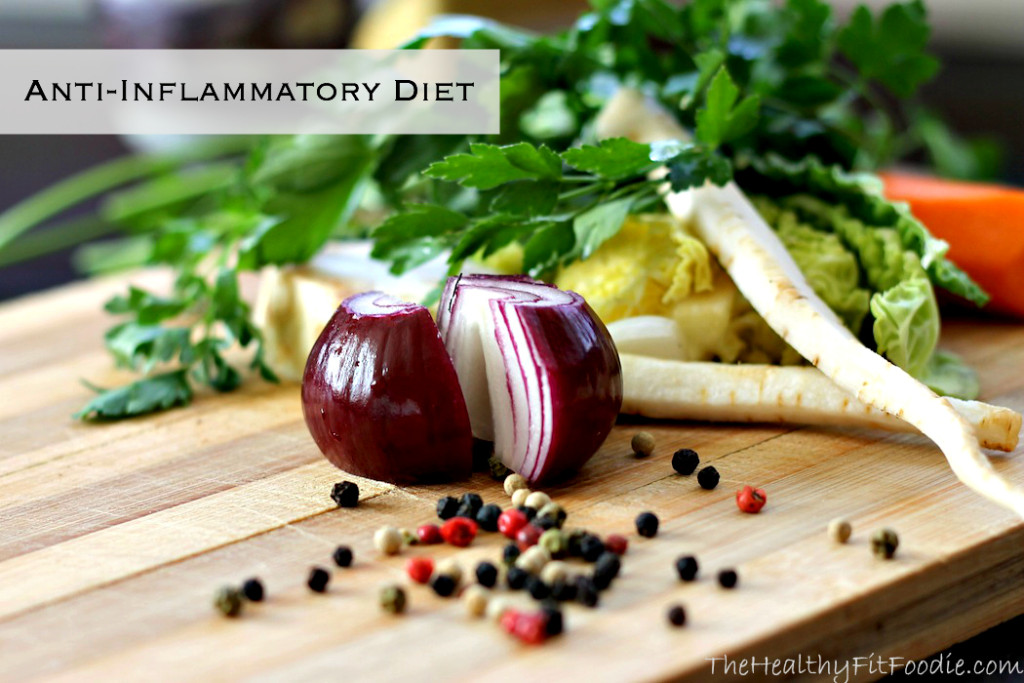
Before we talk about an Anti-Inflammatory diet, we need to discuss what exactly inflammation is.
What is inflammation?
Inflammation is an orchestrated biological process, induced by microbial infection or tissue injury (1). ----AKA you get sick or get hurt and then your body reacts to the cause.
What cause inflammation?
A major trigger of inflammation is the recognition of microbes by specific receptors of the innate immune system, which play a crucial role in the induction of early signals initiating and establishing the inflammatory setting (1).---Basically there is an intruder in our body and our immune system starts sounding alarms to rally the troops to kick the intruder out.
What is the purpose of inflammation?
A main function of inflammation is to resolve infection and to repair the damage in order to achieve homeostasis equilibrium (finding our body’s balance). Thus, the ideal inflammation response is rapid and destructive, yet specific and self-limiting (1). Key word IDEAL. We know things don’t always go according to plan. Unfortunately in some chronic infectious or inflammatory disorders, the inflammatory response causes more damage to the host (us) than the microbe (intruder) (1).
What happens when our immune system is over-stimulated?
Constant stimulation of your immune system can cause chronic infection or chronic inflammation due to an inefficient regulation or resolution or the inflammatory response (1).
Inflammation has been found to be involved in the development of several chronic diseases such as arteriosclerosis, obesity, diabetes, neurodegenerative disease and even cancer (1). Studies indicate that an increase in the consumption of flavonoid-rich fruits and vegetables is associated with a decrease in the incidence of cardiovascular disease and different types of cancer. This protective effect has been attributed in part to anti-inflammatory properties of flavonoids (1). Ah-Ha we are finally talking about food! And flavonoids to boot! I talked about them in my seminar. Mmmmmmm chocolate!
So what in the world are Flavonoids?
They are a family of substances whose members have many properties including anticancer, antimicrobials, antiviral, anti-inflammatory, immunomodulatory, and antithrombotic activities (1). Flavonoids are broken down into different classes based on their pigments. These include: flavones & flavanones, flavanols, flavonols, and other anthocyanins. Flavanols are then broken into proanthocyanidins, catechins and epicatechins (2).
Where are they found?
Flavonoids are found in fruits, vegetables, legumes, herbs, spices, stems, flowers, CHOCOLATE, tea and red wine (1).
How are Flavonoids Anti-Inflammatory agents?
- They are Antioxidants and scavenge free radicals (they oxidize free radicals to make them more stable so they cause less damage to our cells). They also can inhibit LDL (low density lipoproteins) oxidation which may have preventative actions against atherosclerosis (1)
- They regulate cellular activities of inflammation-related (1)
- Some flavonoids display a remarkable array of biochemical and pharmacological actions that affect the function of immune and inflammatory cells such as T cells, B cells, macrophages, neutrophils, mast cells, or basophils (1)----Huh? Does this sound familiar “Let food be thy medicine and medicine by thy food.” ----Hippocrates
- Several specifically affect enzyme systems critically involved in the generation of inflammatory processes, enzymes which are involved in signaling transduction and cell activation processes (1).
- Modulation of the activities of arachidonic acid metabolizing enzymes--Arachidonic acid release is a starting point for a general inflammatory response (1).
- Flavonols and polyphenols were found to inhibit the enzymes responsible for releasing arachidonic acid, reducing the release and metabolism of arachidonic acid and therefor diminishing the formation of inflammatory mediators (1)
- Modulation of the production of other pro-inflammatory molecules (1)
- Modulation of pro-inflammatory gene expression (1)
Now how do we apply this information to our daily lives?
Studies have suggested a strong associating between chronic infection, inflammation, and cancer
- Chronic inflammation predisposes to cancer
- Immune inflammatory cells and inflammatory mediators are found in cancer
- Deletion of inflammatory mediators inhibit development of experimental cancers
- Long term use of non-steroidal anti-inflammatory agents reduce the risk of some tumors
- Excessively and chronically produced pro-inflammatory mediators are thought to contribute to tumor promotion and progression
- Epidemiological studies have shown an inverse association between vegetable and fruits consumption and the risk of human cancers at many sites (1).
What are Omega 3 Fatty Acids
Omega-3 Fatty Acids are dietary fats. They consist of eicosapentaenoic acid (EPA), docosahexaenoic acid (DHA), and alpha-linolenic acid (ALA). EPA and DHA are from seafood sources and ALA is from plant sources (3).
Where are Omega 3 fatty acids found?
EPA and DHA are found in fatty and cold-water fish like salmon, herring, sardines and ALA are found in plant sources like flax and walnuts.
What do Omega 3 fatty acids do?
In human and animal studies Omega-3 FAs, primarily eicosapentaenoic acid (EPA) and docosahexaenoic acid (DHA), have been shown to suppress inflammation and have a beneficial role in a variety of inflammatory human diseases, including diabetes, atherosclerosis, asthma, and arthritis (4).
They are incorporated in many parts of the body and play a role in anti-inflammatory processes and in the viscosity of cell membranes. EPA and DHA are essential for proper fetal development and healthy aging. DHA is a key component of all cell membranes and is found in abundance in the brain and retina (3).
What can I eat on an Anti-Inflammatory diet?
- Fruits and Vegetables (Preferably fresh or frozen without preservatives or additives) ***These are loaded with antioxidants. If you forgot what those are, re-read all of the information above (1)
- Whole Grains---avoid wheat, rye and barley if you are sensitive or allergic to gluten
- Beans and legumes--high in fiber, protein, vitamins and minerals
- Nuts (Walnuts
, Seeds (especially flax
-get whole and then grind as needed), Fatty Fish, Olive Oil, almond milk, nut butters (my favorite!) (3)
- Avoid dairy if you have a sensitivity, milk allergy or are lactose intolerant
- Eggs-choose flax fed and omega 3 enriched (3)
- Meat-you do not have to eat meat, but if you do stick to fatty/cold water fish like salmon and herring because they have higher omega 3 fatty acid concentrations (4)
- Try to avoid red meat, it has been linked to an increased risk of cancer (5)
- If you do not eat fish rich in omega 3’s, consider supplementing with fish oil. Aim for 2-3 grams of EPA + DHA per day for health benefits (3). These are the Fish Oil
that I use.
- Drink tea daily- they are full of flavonoids (6)
- Avoid Trans Fats and partially hydrogenated oils
- Drink plenty of water
Who may benefit from an Anti-Inflammatory Diet?
People with:
- Rheumatoid arthritis
- Chronic inflammatory bowel disease.
- Crohn's disease
- Ulcerative colitis and irritable bowel syndrome
- Cardiovascular disease
- Cancer
- Diabetes
- Obesity
(2,3,4,5,6,7)
Anti-Inflammatory Diet Recipe Roundups
A quick note. This is not a fad diet nor a weight loss diet (to lose weight you must be in a calorie deficit—if you eat too many calories from lets say, only eating broccoli all day you will gain weight). This is simply intended to enlighten readers on how the foods we eat can have a positive effect on our bodies. I hope that providing this information that I can help clarify and bring to light the some of the health benefits that are associated with following an anti-inflammatory diet.
References:
- Garcia-Lafuente, A., Guillamon, E., Villares, A. et al. (2009). Flavonoids as anti-inflammatory agents: implications in cancer and cardiovascular disease. Inflammatory Research, 58:537–552
- Pimentel, F., Nitzke, J., Klipel, C. and Vogt de Jong, E. (2010). Chocolate and red wine – A comparison between flavonoids content. Food Chemistry, 120: 109-112.
- Swanson, D., Block, R., & Mousa, S. (2012). Omega-3 Fatty Acids EPA and DHA: Health Benefits Throughout Life. Advances In Nutrition: An International Review Journal, 3: 1-7.
- Yan, Y., Jiang, W., Spinetti, T., Tardivel, A., Castillo, R., Bourquin, C., ... Zhou, R. (2013). Omega-3 Fatty Acids Prevent Inflammation and Metabolic Disorder through Inhibition of NLRP3 Inflammasome Activation. Immunity, 1154-1163.
- Zur Hausen, H. (2012), Red meat consumption and cancer: Reasons to suspect involvement of bovine infectious factors in colorectal cancer. Int. J. Cancer, 130: 2475–2483.
- Hoensch, H., Oertel, R. (2012), [Anti-inflammatory effects of tea-flavonoids]. Dtsch Med Wochenschr, 137: 51-52.



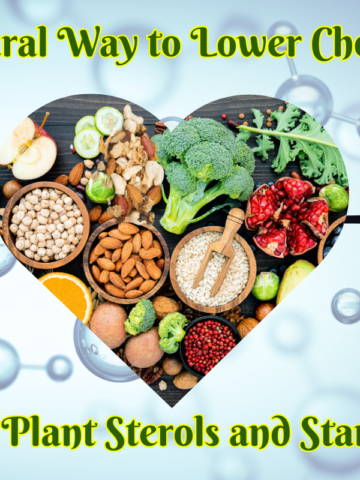
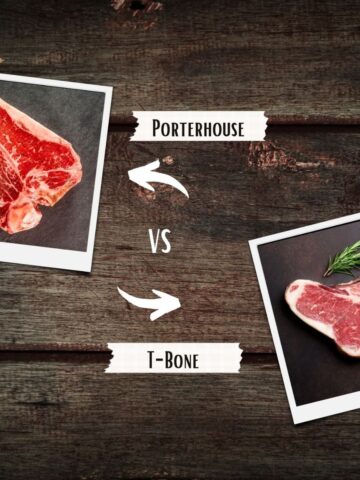
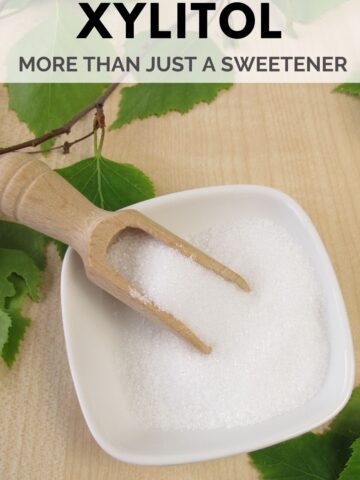
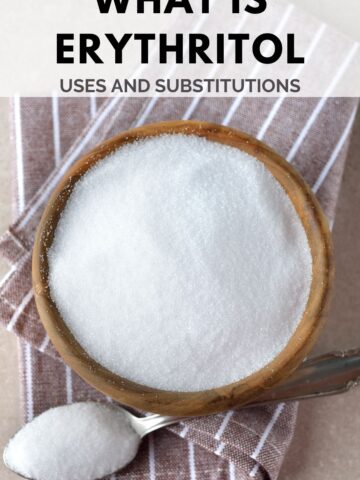
GiGi Eats
I have been living anti-inflammatory for quite some time now... Sadly though, even HEALTHY FOODS can cause inflammation with me, so I definitely need to watch out and limit/avoid them 🙁 Veggies, I love you so - but you mess me up!
Lara
GiGi I'm sorry girl. Some people are just extra sensitive I couldn't imagine what you have been through. You are a strong lady!
Madaline
So happy I read this! I've been wanting to start a not diet, diet, if that makes sense and I think one focus on anti-inflammatory foods would be awesome. Now that it's spring and I actually want fruits and veggies!
Lara
Hahaha yes. A not not diet. I like it! I love eating seasonal fruits and vegetables!
Kate @KateMovingForward
I'm not a fish eater, but I try to take my omega 3 supplement everyday--those essential fats are soo good for so many things!
Lara
Yes they are! I take them every day as a fail safe, because I know I do not eat fatty fish a couple times per week.
Nicole @ Fitful Focus
What a great and informative post! I'm excited because the diet you listed is pretty much the one I follow (with the exception of soy and the addition of wine - which you said has anti-inflammatory properties, too, right?). Yey!
Lara
Yes wine all the way! My favorite part of the Anti-niflammatory diet is the wine and chocolate!
Kathryn @ Dancing to Running
Wow, thanks for sharing all of this information. My sister suffers from Rheumatoid arthritis, so I'll definitely share this info with her.
Lara
Yes pass it over to her. I hope it helps her!
Deborah @ Confessionsofamotherrunner
Really interesting read that is pretty much the way I eat as well!
Lara
Awesome!
Wendy@Taking the Long Way Home
This is awesome. I don't know if you've been following my blog for any length of time, but I have identified beef as a huge issue for me, GI-wise. I have IBS, and when I eat beef that really seems to get me going. Literally. When I'm training for a big race, a half marathon or a full, I eliminate beef from my diet completely. I'd love to know if you have any info on that.
Lara
I'm sorry to hear that! No I haven't done any research on that. Maybe you have an allergy to the protein in beef? That's what most people are allergic to in foods.
sarah
I will have to check this out! I've been avoiding dairy, which is very inflammatory for the last few years.
Lara
Please do. At least you found out that you have a sensitivity or allergy to it. Many people go years without finding out what is plaguing their digestive system.
Mikki
Great article. I've been doing a lot of research on this since my husband deals with stiff joints and such!!
Love the new look to the blog!
Lara
Thank you!
AJ @ NutriFitMama
Great information here! Very similar to the regular diet I follow (almost)
Lara
Thank you! Awesome! Mine too, except I enjoy beef once in a while.
Sam @ PancakeWarriors
So much helpful information here, thank you for taking the time to share with us. I need to focus more on the Omega-3s again.
Lara
Thank you! The omega 3's work wonders!
Chicago Jogger
This is great information. My dad has an auto-immune disease so he is always talking to me about inflammation-related foods. Thanks for sharing!
Lara
I'm sorry to hear that about your dad. This article could be a good conversation piece for you too!
GiselleR @ Diary of an ExSloth
Interesting stuff! Thanks for the info. Def looking forward to the recipes to come 🙂
Lara
Thanks! I posted the recipes today. You should check them out 🙂
Farrah
Yay! I loved this! There's a wealth of information here, and I think this information would be good for anyone who just wanted to make healthier dietary changes. I've apparently been unknowingly following this! 😀
Lara
Thank you! Yes I totally agree. Most people can benefit from this!
Sandra Laflamme
This is a fantastic article. There is so much talk now about how diet can be a contributing factor in causing symptoms in auto-immune disease and how this inflammation can be controlled through diet.
Lara
Thank you so much! I'm glad you liked it! Ye, it's crazy that food can do horrible and amazing things to the body.
jill conyers
Looks like I eat an anti inflammatory diet without realizing it. Great info! Thanks.
Lara
That's great! Thanks for reading.
Krayl @ An Appealing Plan
so much fantastic information here! I'm pretty good about eating well but I know we could be better about a few things... Thanks for the reminder and quality information!
Lara
No problem! I eat mostly like this, minus the soy and with the addition of red meat once in a while.
DIStherapy
Terrific information, all in one neat package. Pinned! (Inspired Blogger Network)
Lara
Thank you for reading and for the pin 🙂
Ilona @ Ilona's Passion
Very informative post. I'm looking forward to see recipes!
Lara
Thank you! I posted them today so check them out 🙂
Brittany
This is a great resource to have. Pinned!
Lara
Thank you!
Debbie W.
Thanks for this. Been having issues with arthritis and inflammation.
Lara
I'm sorry to hear that! I hope this helps you!
Stephanie (@FitMomTraining)
Great post! Such good information. Thank you so much for sharing!! I try to stick with alkaline forming foods but there is always more that I can and should be doing.
Lara
Thank you! Small steps. I try to incorporate one thing at a time so it is not too overwhelming.
Wendie
I was talking anti-inflammatory diet earlier with someone. They asked me about their salmon salad! Great post! Love your site! I, too, just became a member of the Nutrition Blog Network. Great to "meet" you! 🙂
Lara
Thank you so much! I actually had a client which needed to avoid certain foods and I was doing a bunch of research for that which turned into this post LOL. I just applied a couple of days ago. I will check yours out now. And nice to meet you too!
Jamie
This is really great information! I know several people who suffer from issues with inflammation. I will have to pass this along to them!
Lara
Thank you and thank you for passing it along!
Neely
This is a fantastic read, so glad I found this
Lara
Thank you!
Jessica
Great post! Lost of information on nutrition! I rally need to start eating better. One good thing is that I've cut out sodas this week! Woohoo! It's a little thing but a step in the right direction. =) Thanks for all the info.
Lara
Thank you! A little step each week turns into something huge at the end of the year 🙂
Naturally Nicole
Great post! This diet is often overlooked by a lot of people, but can really help with SO, SO many ailments! Thanks for shedding some more light on it!
Lara
Thanks! I know! So many people don't understand the healing power of proper nutrition. So many chronic diseases can be treated and some cured by proper diet and exercise.
Sharon Rowe
Wow this is what I call an informative article I love it! I will probably read it again just to take in the information. Thanks for sharing on Monday Madness link party and I hope you come back and share more it is a fascinating subject. I can't wait for the recipes 🙂
Lara
Awe thank you! I know there was a lot of information and I could have broken it up into a couple of posts so that it would be a little less overwhelming. I hope you like the recipes!
outsourcing training
I have been living anti-inflammatory for quite some time now... Sadly though, even HEALTHY FOODS can cause inflammation with me, so I definitely need to watch out and limit/avoid them 🙁 Veggies, I love you so - but you mess me up,